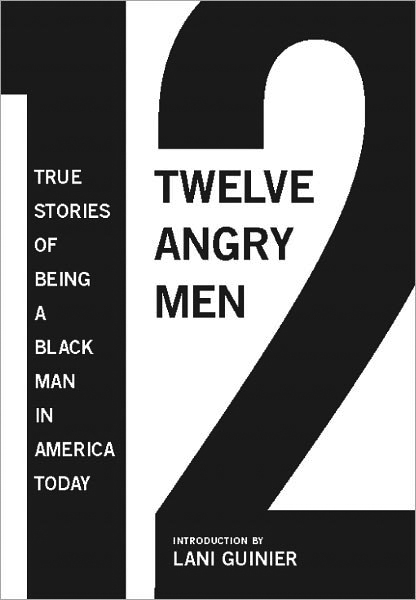[caption id="attachment_5648" align="alignnone" width="500" caption="This booking photo released by the Cambridge, Mass., Police Dept., shows Harvard scholar Henry Louis Gates, Jr., who was arrested while trying to force open the locked front door of his home near Harvard University Thursday, July 16, 2009. Gates, a pre-eminent African-American scholar, is accusing Cambridge police of racism after he was arrested on a disorderly conduct charge after police said he "exhibited loud and tumultuous behavior." He was released later that day on his own recognizance and arraignment was scheduled for Aug. 26. (AP Photo/Cambridge Police Dept.)"]
By Joe Martin, Contributing Writer
In 1959, a white Texan by the name of John Howard Griffin undertook a most unusual experiment: by ingesting an oral medication and exposing himself to ultraviolet rays his skin went from white to black. He did not gaze into a mirror until the process was complete. When he finally did so he was thunderstruck: “The transformation was total and shocking. I had expected to see myself disguised but this was something else. … I looked into the mirror and saw nothing of the white John Griffin’s past. … The Griffin that was had become invisible.” And in that moment he stepped into another universe where nothing had changed, and yet everything had changed for him as a person. Suddenly he was perceived as a black man in America. Griffin’s six weeks as a man with darkened skin in the American South were chronicled famously in his book “Black Like Me.”

While the notable Harvard professor Henry Louis Gates Jr. is not one of the contributors to this volume, his infamous run-in with Cambridge Police Sergeant James Crowley made the headlines and is recounted in the book’s introduction by another black Harvard professor, Lani Guinier. Gates was trying to get into his home when a neighbor reported that a prowler might be trying to break into the house. Gates would be arrested on his porch for disorderly conduct when he protested Crowley’s interrogation. Crowley is white. Eventually President Obama brought Gates and Crowley together for a beer and a discussion at the White House. Writes Guinier: “Hollywood could not have asked for a more cinematic display of the many ways we each “read” race against the backdrop of history, culture, and our individual capacity to exercise power or wield authority.”
Veteran journalist Solomon Moore details his experience with racial profiling when he was researching a story on gang life for the New York Times. Over the years he states that he has been stopped by police, for no ostensible reason, on numerous occasions. One particular night in 2007, he was in the initial stage of a conversation with about a dozen black men on a sidewalk in Salisbury, North Carolina. These men didn’t know Moore and they were wary of him. “I’m a reporter. I’m trying to talk to you about your neighborhood.” He was in the process of showing them his reporter’s identification when three police cars suddenly showed up. One officer was black, another female. The third cop, a tall white man, ordered Moore to approach him and Moore was summarily “shoved face down on the sheet metal and cuffed.”
He was let go but angrily said to the officers: “This is America. I have a right to talk to anyone I like, wherever I like.” Unmoved by this assertion, the cops drove off leaving him to resume his conversation with the locals who had observed the drama. Moore’s credibility was not enhanced much in their eyes. One young man told him, “Man, you know what would have happened to us if we had talked to them that way? We’d be in jail right now.”
Even a respected Major League ball player like Joe Morgan, now a TV and radio commentator, can get seriously hassled and even roughed up for doing nothing remotely illegal. He writes of the day in 1988 when at the L.A. airport he went to a phone booth to make a call. Morgan had just been chatting pleasantly with some friendly fans who recognized him and were thrilled to be speaking with this well-known athlete and celebrity. “As I was dialing my number, a guy put his hand on my shoulder and forcefully whirled me around.” When one of the fans protested what was happening — “That’s Joe Morgan, the broadcaster, the baseball star. I was on the plane with him from Oakland.” — the fan was told to get lost or face arrest too. “Over the next hours, the nightmare deepened, and it was all because I was just another black man.” Morgan would file a lawsuit against the LAPD. A jury awarded him more than $500,000 in damages.
A perusal of this readable collection reveals starkly that the dream of a genuinely post-racial society is yet a distant vision. However, it will enlighten many conscientious citizens who never have to worry if the hue of their skin might alone cause frustrating, frightening, and sometimes violent encounters with forces of the law.
Buy the book on-line at Powell's. Reprinted courtesy of Real Change News, Seattle, Wash.
